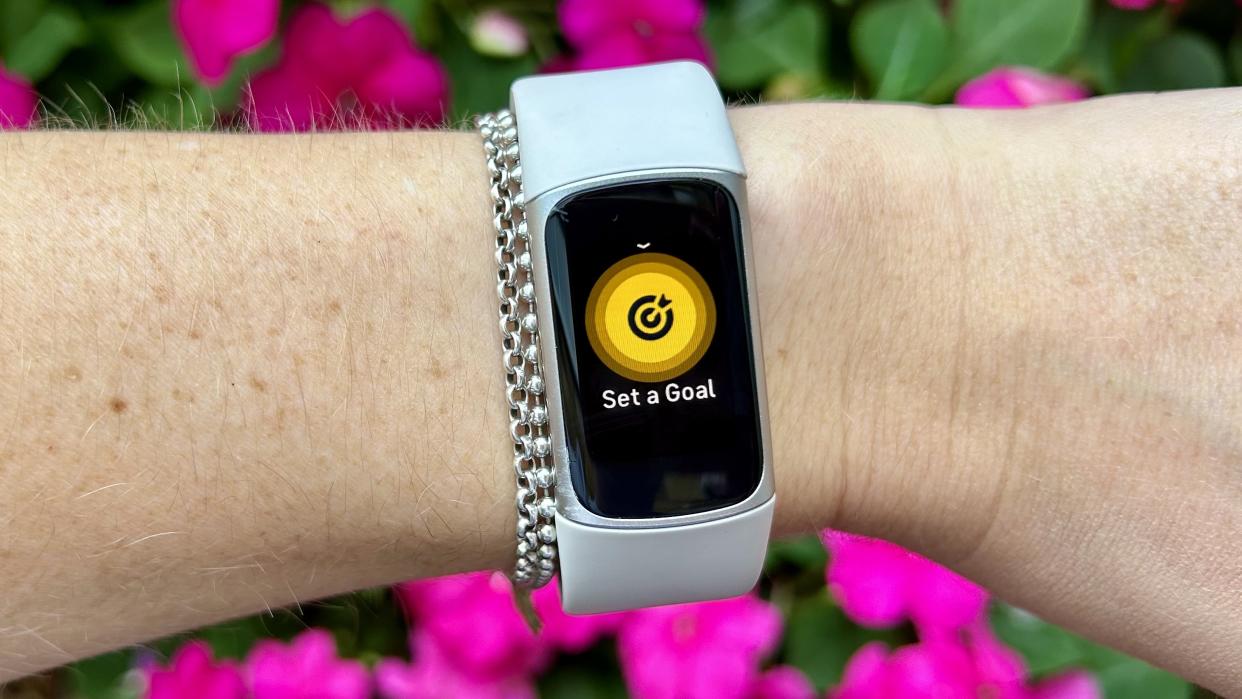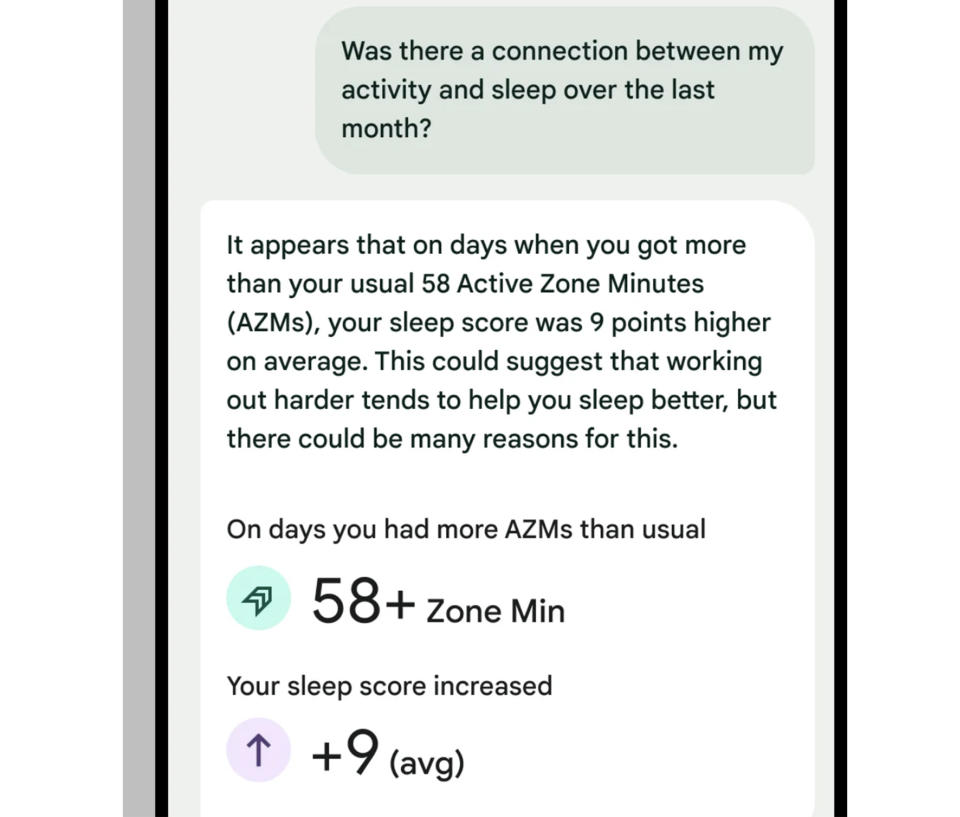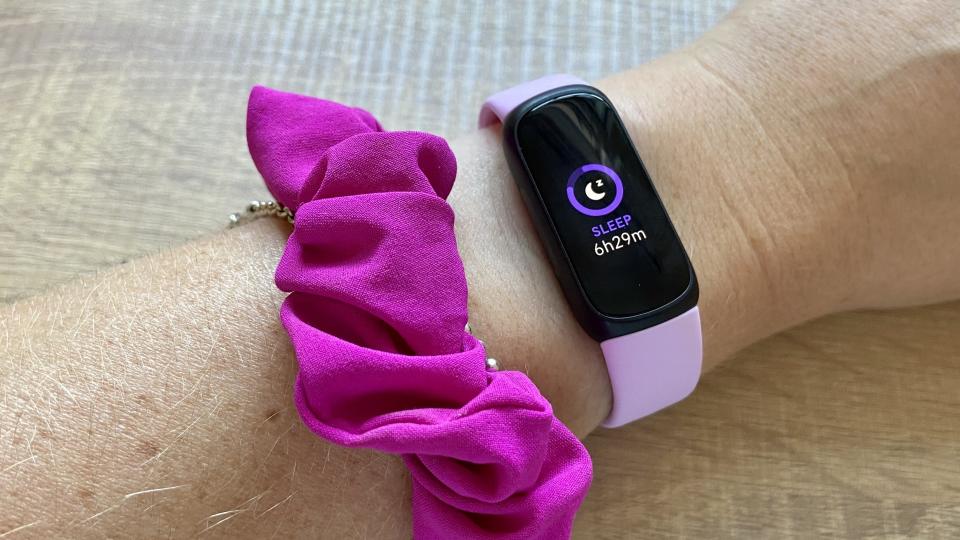Your Fitbit may soon get an AI-based health chatbot – what you need to know

Google plans to bring an AI-powered natural language chatbot to Fitbit devices later this year, to help users better interpret their health data. The chatbot will be powered by Google and Fitbit's forthcoming Personalized Health Large Language Model (LLM), which is based on the former's Gemini models.
The AI chat feature will initially be rolled out to a small group of Fitbit Premium users enrolled in Google's Fitbit Labs program, before potentially making its way to Fitbit devices sometime next year. Here's everything you need to know.
What will Google's AI chatbot for Fitbit do?
In addition to answering basic wellness questions and reporting health data, the Google AI chatbot for Fitbit will generate graphs and charts to help users understand trends and correlations between various metrics to gain a better big-picture view of their well-being.
For example, a user could ask if there are any connections between their sleep and activity tracking data over a recent period to find out if working out more potentially leads to better sleep quality or visa-versa. You could also use the chatbot to potentially gain insights into why a recent workout felt harder or easier than normal.

What won't Google's AI chatbot for Fitbit do?
Google's forthcoming AI health chatbot is in no way meant to replace actual medical advice from a doctor or healthcare professional. You will not be able to use it to diagnose health conditions, nor can it be used to treat illnesses.
That said, the chatbot may be able to help monitor for potential signs of trouble — as many of the best fitness trackers already do, Fitbits included — and push you to see a doctor if anything looks suspect. But really, the purpose of this new AI-powered feature is to help you make the most of your Fitbit's data.
How will Google's AI chatbot be implemented?
Users will presumably be able to interact with this new Fitbit feature just as they would with any other chatbot or virtual assistant. Beyond that, we don't know specifics on how the Chatbot will be integrated into new or existing Fitbit devices or if you'll be able to interact with it in other ways.
That said, the Google-supplied screenshot above makes it seem likely that users will be able to type their questions, in addition to speaking them.
Google also did not indicate whether the Personalized Health Large Language Model will run natively on Fitbit devices or require an internet connection/pairing with a connected device.
How can I be the first to test it?

To be one of the first folks to test out the new Personalized Health Large Language Model on a Fitbit device, you'll need to be three things: a Fitbit Premium member, an Android user and a participant in Google's Fitbit Labs program.
Fitbit Premium is $10 a month or $80 for the year, by the way. And you can enroll in Fitbit Labs via the Fitbit mobile app.
Beyond "later this year," we don't know when Google will begin testing the feature. But if you are one of the lucky ones picked to play guinea pig, all Google asks for is your honest feedback. And, given some recent complaints with Gemini, they could probably use it.
When will we learn more?
Ultimately, if Google plans to begin testing its AI health chatbot later this year, we likely won't see a public release until sometime well into 2025 or beyond.
When it does launch, will it be reserved for only new Fitbits, or will existing devices get the feature via firmware? And if the latter, which ones? We may find answers to these questions and more during Google I/O 2024, which is scheduled for May 14 and May 15.

